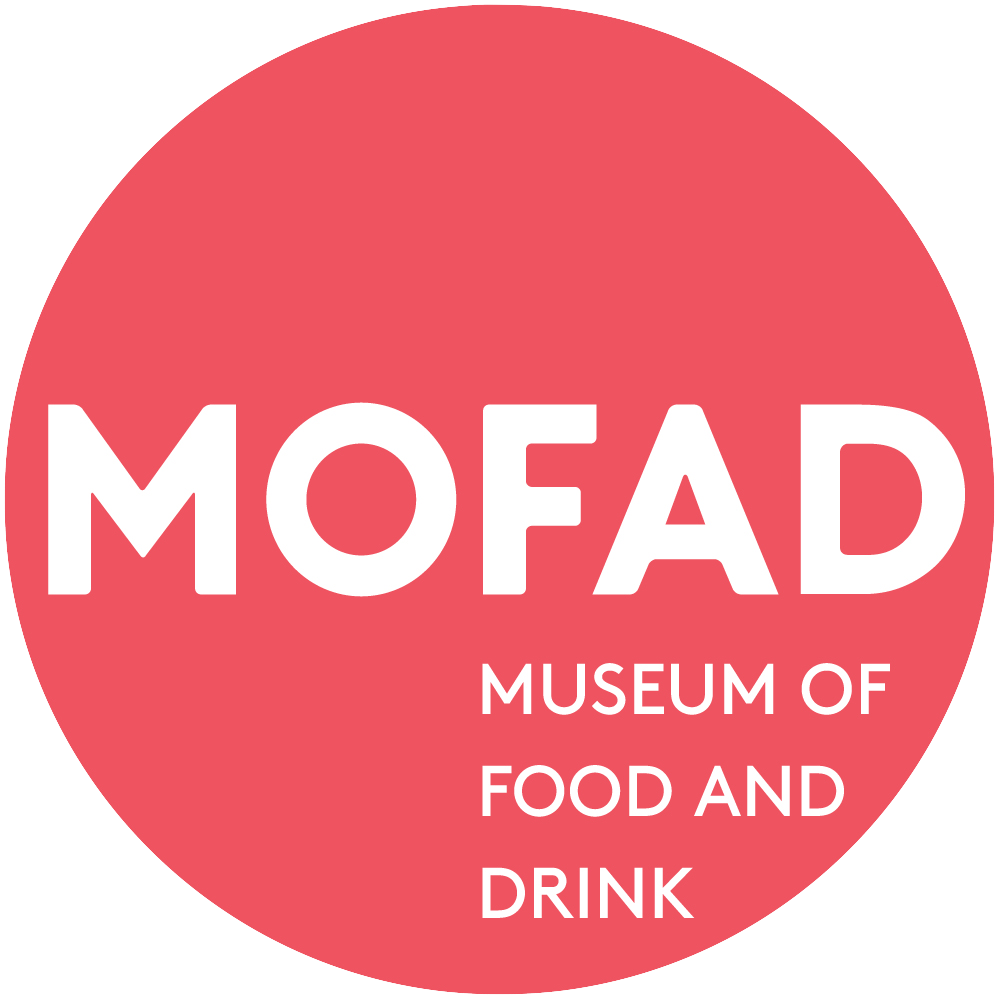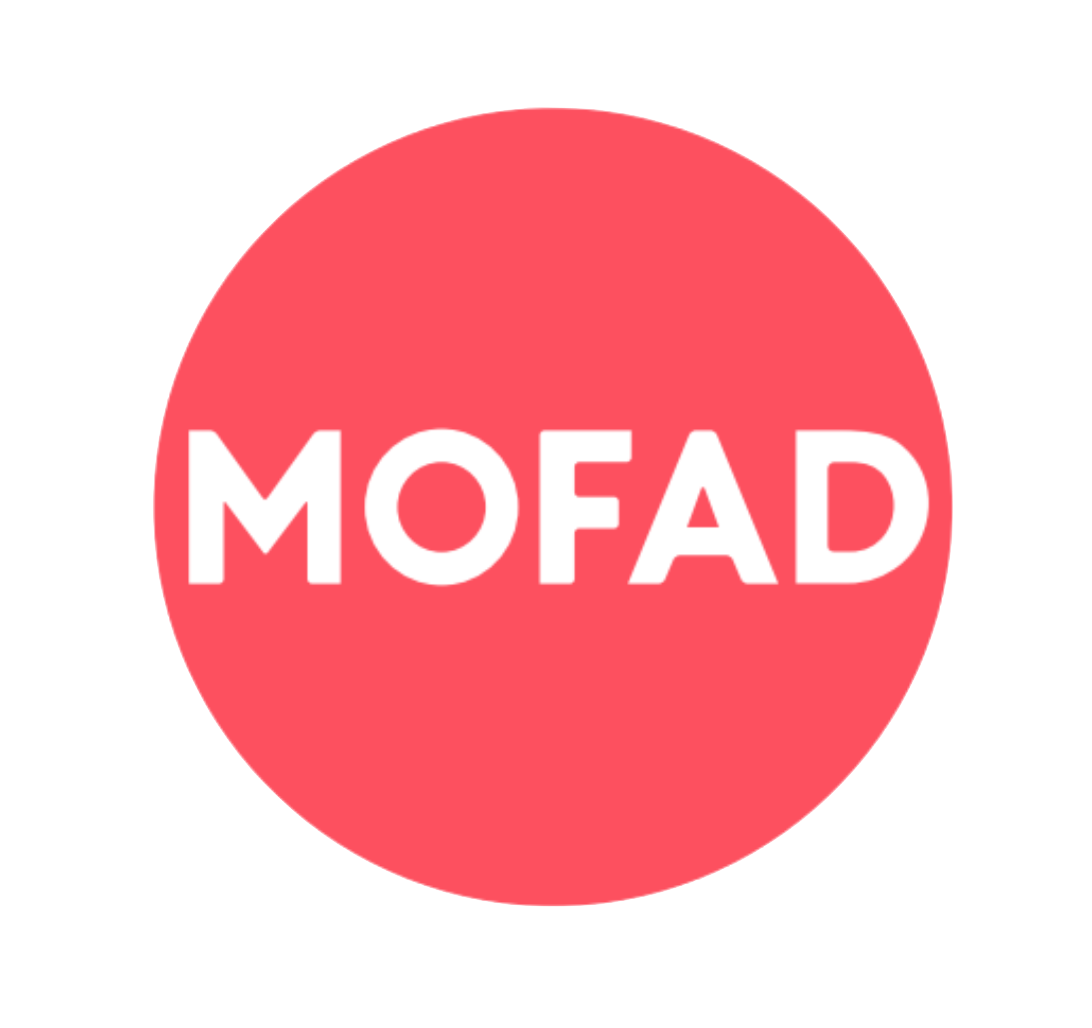How often do you think about who butchered the meat you eat?
Many conscious consumers are aware of the ethics of meat consumption, and trends have helped move the once unconsidered ideas of free-range, humane-certified, and hormone-free meats to the forefront of carnivorous conversation. Meat has even made its way to the center stage of conversations about climate change, as scientists rush to replace the ever-abundant beef with “bleeding” meat-substitutes.
Yet not much is said about how meat affects gender roles, performance, and equity. Join MOFAD Curator Catherine Piccoli as she delves into the often obscured world of “butcherettes,” who are staking claim on the killing floors of meat processing facilities across the country. Learn about the gendered intricacies of the industry, as well as how to butcher a lamb in this special La(m)b’s Lab.
This is part of our Lab's Lab series.
Photo: simpleinsomnia
ABOUT CATHERINE PICCOLI
Catherine brings a multidisciplinary approach to the team. As a food historian and writer, her work focuses on the intersection of food, culture, memory, and place. As Curator at MOFAD, she leads the educational department, overseeing exhibitions, public programming, and school visits. She was instrumental in the research, writing, and development of past exhibitions, Flavor: Making It and Faking It and Chow: Making the Chinese American Restaurant, and established the museum’s robust public programming. Previously, Catherine worked as a researcher at the Chicago Historical Society and the Heinz History Center, and has written for a number of major publications. She holds a Master’s degree in Food Studies from Chatham University and a Bachelor’s with honors in Social and Cultural History from Carnegie Mellon University. Currently, Catherine is working on MOFAD’s upcoming exhibition.


